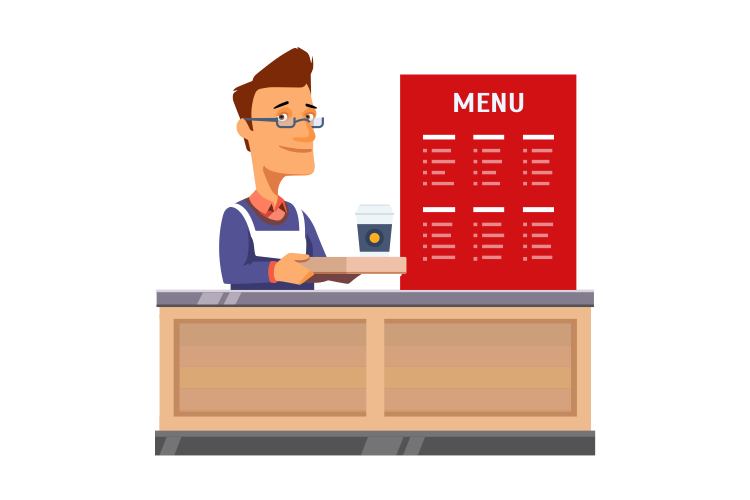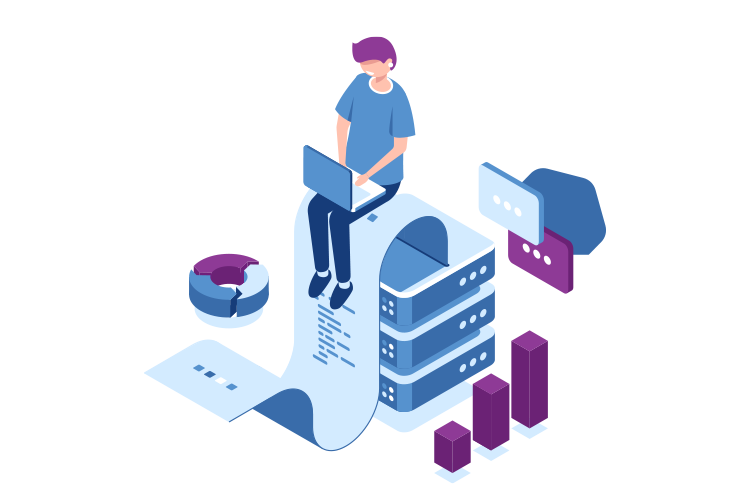Sole Proprietor Tax Preparation
As a one-person business, you know that it’s sometimes difficult to go it alone. You don’t need to handle your taxes this way!
The experts at Insogna CPA can help you maximize your tax deductions, clean up your records, and make sure you pay the least tax possible. We’re here for you.
What Does It Mean to Be a Sole Proprietor?
A sole proprietorship refers a single-member LLC or, in most cases, a single or married couple operating an unincorporated business. If you fall under one of these categories, you will include a Schedule C (SchC) for your business when you are filing your personal IRS1040 taxes.
When you are filing a SchC and run your own business, the tax code sees you and your business as a single entity. Unfortunately, you’ll face additional taxes and reporting requirements because of this code. However, you may be eligible for certain business tax deductions that can help offset other tax requirements. In turn, this will help relieve some of your overall tax burden. We can help add value maximizing your tax savings. Going with some general tax software will not necessarily lead you to enter and make sure you’re getting your full deduction. Let us help

Deduct Health insurance
One of the best tax advantages of running a sole proprietorship is that you can deduct the cost of self-employed health insurance premiums. This deduction includes what you pay for yourself, your spouse, and/or any dependents.
Additionally, you can apply this deduction even if you don’t itemize your deductions on SchA of your IRS1040 tax return. The health insurance deduction is what the IRS calls an “above-the-line” deduction. That just means it is taken off your gross income before you reach your adjusted gross income.
Suppose your business reports a loss for the year, your health insurance deduction is limited by your taxable income. If there are any months in which you or your spouse are eligible for group health insurance with an employer, the deduction is limited. Besides that – take advantage of the opportunity to reduce your tax burden with this significant deduction.
Deduct Business Expenses
Every business has operating expenses of some sort. Therefore, it is logical that a sole proprietorship will have expenses, too. If your business expenses are “ordinary and necessary,” in the eyes of the IRS, you can claim them on your SchC. In addition to health insurance, standard deductions include meals, travel, office supplies, advertising, and fixed assets.
Tax write-offs don’t stop there, though. If you run your business out of your home, you are eligible for the home office deduction. However, to file a claim, you must use this section of your home exclusively for your business. Certain everyday expenses, such as rent and utilities, can also be deductible.

Deduct Equipment and Supplies
Many sole proprietors get confused trying to figure out which business expenses are considered equipment vs. supplies. Supplies are things that get used during the year such as printer ink, paper, envelopes, etc.
Equipment (i.e Fixed Assets) typically are higher-value things that last longer than a year like expensive computers, software and office furniture. These can be fully deducted using Sec179 deduction, or amortized over the depreciation life of the asset.
Deduct Your Self-employment tax
If you own and run a business, you’re accountable for self-employment taxes, in addition to conventional income tax. Self-employment taxes are virtually payroll taxes.
On the other hand, if you work for an employer, you only pay the employee’s portion of these taxes. Unfortunately, as a sole proprietor, you pay both the employer’s and the employee’s portions. You are obligated to pay the full amount of the employer’s payroll tax, and allowed to take a deduction for half of your employee share of self-employment taxes.

Let Our Experts Keep You Safe from Records and Audits
The IRS tends to take a closer look at tax returns filed by sole proprietors because it can be easy to blur the line between business and personal expenses. Even though your business and your personal tax return are combined, the IRS still expects you to keep accurate and distinct business records. If you deduct the full price of a computer, for example, the IRS may want to see records proving that the computer is used for business purposes only.
You shouldn’t be afraid to take a deduction you are legitimately entitled to- which is why Insogna CPA exists…to help maximize your tax deductions, and help you navigate getting the most benefit out of your business activities.
